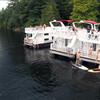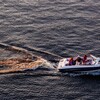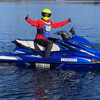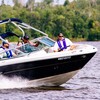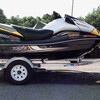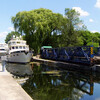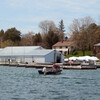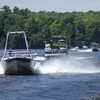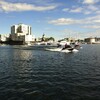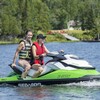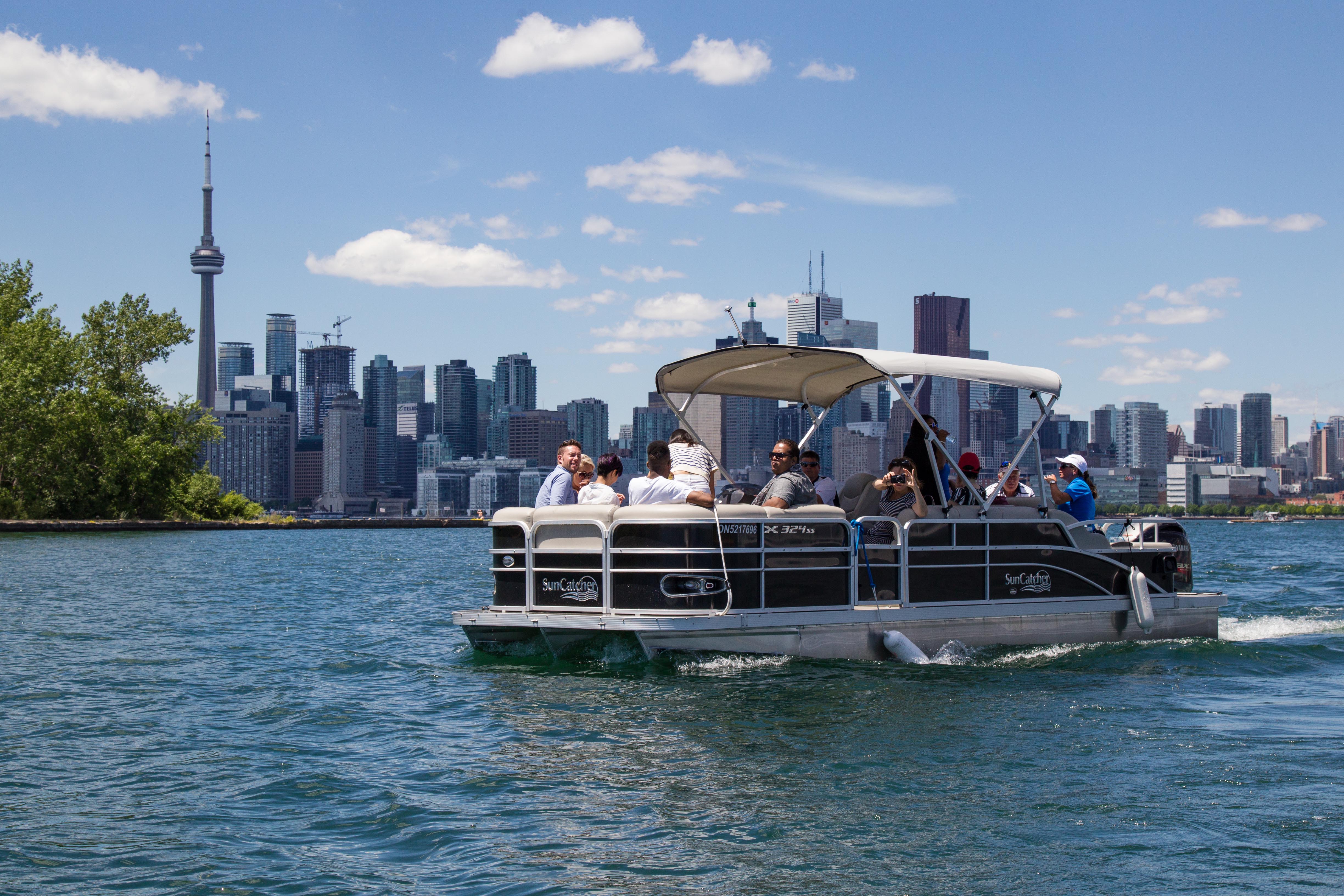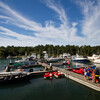
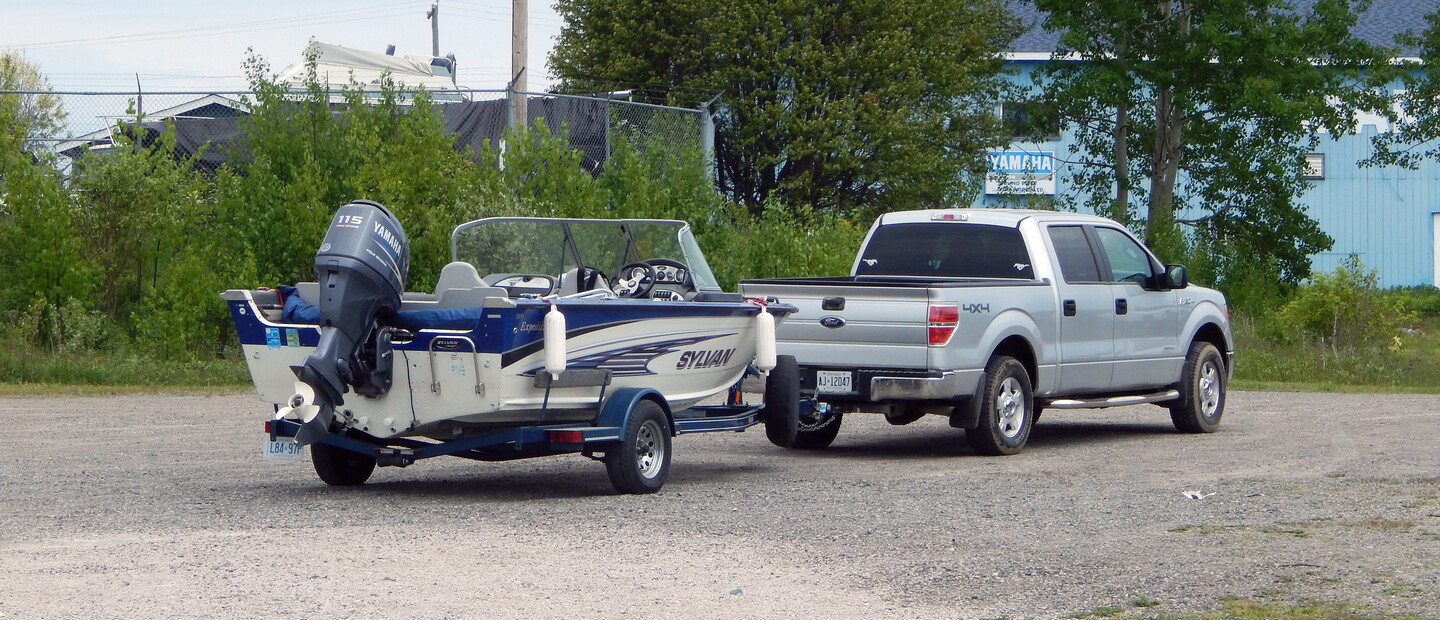
Top 4 Boating Tips for Trailer-Safe Travel
Recreational boating is a way of life in Canada with more than one in five Canucks owning at least one watercraft. Ontario alone boasts the most committed boaters in the country with 40% of all residents participating in boating and watercraft activities such as fishing, waterskiing, and cruising. This requires lots of travel to and from different lakes and rivers throughout the year.
Now everyone knows that safety measures while boating are key to an enjoyable adventure. But the safety measures required when travelling to and from your boating destination are just as important.
Top 4 Boating Tips for Trailer-Safe Travel
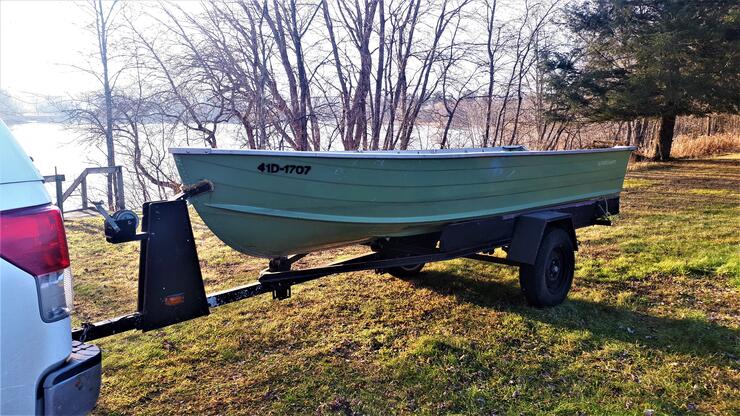
A higher volume of boaters on the roads these days, especially new boat owners, means that boating safety is more important than ever—and it starts with travel. Greenhorn boaters are not used to trailering large watercraft behind their vehicles and pose a hazard if not informed on the ins and outs of boat trailering. Here are some safety tips I learned in my years of boating and fishing across Canada. Having fished in every province over the past five decades, I learned some crucial safety lessons (often the hard way) about boat trailering, along the way.
But first: my biggest boating mishap (don't do this)
My first big boating adventure as a boy was traveling over 600 miles into northern Quebec on a fishing trip to that province’s largest lake, Mistassini. Getting to the "Mighty Mis" was half the battle and we quickly discovered that boat trailer safety is crucial, especially on long trips.
Approximately 200 miles into our journey in my dad’s 1974 GMC pickup we heard (and felt) a loud snapping sound from the boat trailer. A leaf spring on the boat trailer had snapped due to excessive boat weight—we'd stored too many items back there for our trip. Luckily, we were close to a marina at the time and managed to replace the broken spring.
Lesson learned about overloading your boat during travel. There are other factors to consider when hauling watercraft.
1. Figure out your boat/trailer carrying capacity
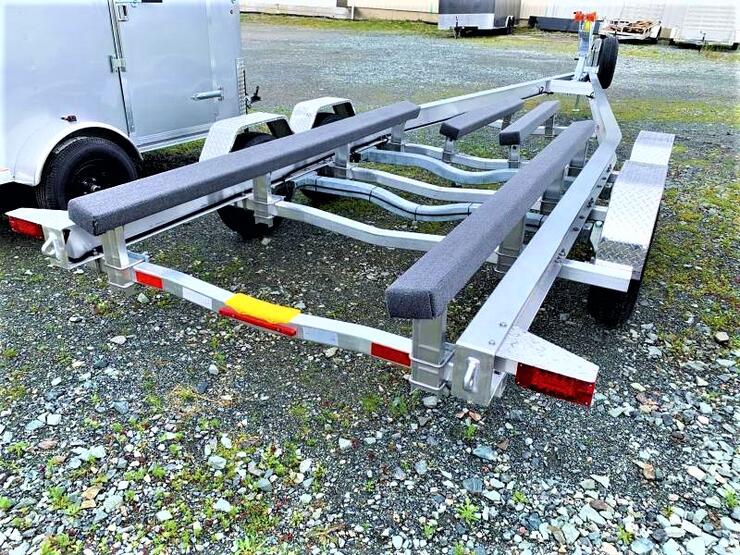
Boat trailer carrying capacity is an important concern—one that most enthusiasts know very little about. Like me, for example, on my infamous trip to Mistassini Lake. Essentially, the total weight your boat trailer can sustain, safely and efficiently, while towing is called the carrying capacity. This is referred to as Gross Vehicle Weight Rating (GVWR) and is stamped on every boat trailer. To determine the total weight your trailed boat can haul, take GVWR minus the weight of the trailer itself.
As a simple rule of thumb, a single axle boat trailer is rated to haul approximately 3000 pounds (GVWR) and weighs approximately 600 pounds itself - the carrying capacity of this trailer would be 2400 pounds (3000 lbs – 600 lbs). Keep in mind; this 2400-pound capacity includes your boat, engines, fuel tanks and any/all gear stored in your boat during travel.
2. Understanding boat weight: do the math every time
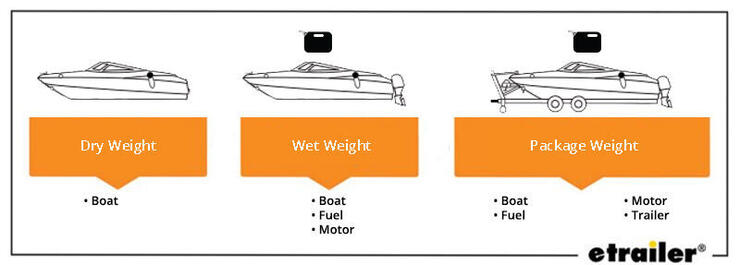
Understanding and calculating total packaged boat weight is important as you quickly realize that piling more gear in your boat such as additional fuel, could put your boat trailer (& boat) at risk. The average 50 horsepower (hp) outboard motor weighs approximately 250 pounds, and inboard/outboard motor fuel weighs about 7 pounds per gallon. It all adds up quickly so it is important to know with some degree of accuracy, what your packaged boat weight is, versus boat trailer carrying capacity.
Your boat and trailer weight together with gear etc (often called packaged weight), should never be more than 90% of your vehicle’s towing capacity, and preferably less. For example, if your vehicle has a towing capacity of 5000 pounds, never tow a trailer with packaged weight heavier than 4500 pounds, at the absolute maximum. The heavier you go, the more dangerous it becomes, as I discovered firsthand.
Do the math every time you travel!
3. Check the tire inflation
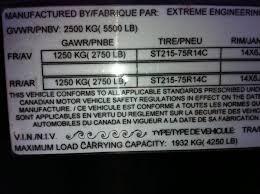
Boat trailer tires are your connection to the road which means that proper tire inflation is crucial. The sidewall of your trailer tires shows the maximum psi and, therefore, the pressure your tires should ALWAYS be inflated to. Never underinflate or over-inflated since your boat trailer is meant to be set at maximum tire pressure at all times. Keep your boat trailer tires covered when not in use to prevent drying, and watch for uneven tire wear, which might indicate a wheel bearing or axle issue.
Good trailer tires with proper inflation make for a safer trip!
4. Always check the condition of your boat and your emergency supplies before hitting the road
Before you head out on the road with your boat, do a visual inspection. Ensure your boat is seaworthy by inspecting it for signs of damage. Check that it's stocked with your tool kit, safety flares, whistle, life jacket, life ropes, and other equipment required for the size of your boat. Check that the lights are functional and ensure you have a flashlight on board.
Consult the Canadian Coastguard Guidelines for details on essential safety equipment, and for more information call the Boating Safety line 1 (800) 267-6687.
Happy trails!
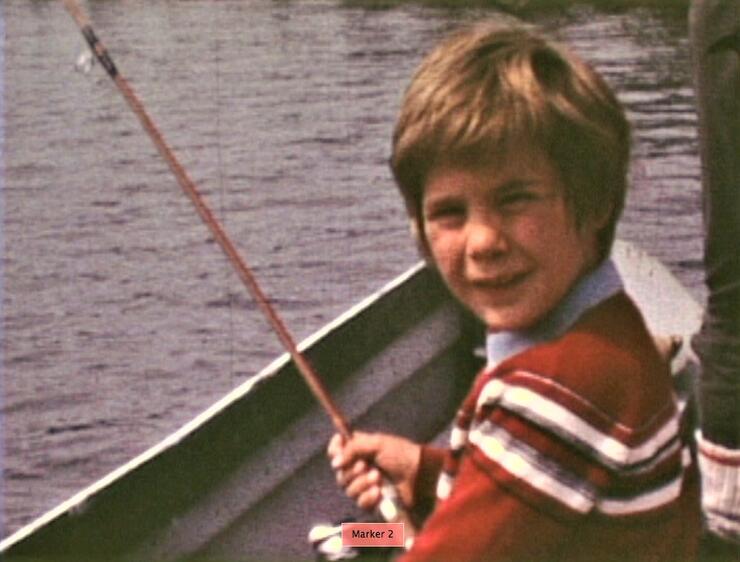
By following these boat trailering safety tips, your fishing and watersport adventures will undoubtedly be safer, and more enjoyable, for you and your family!
Be safe and I will see you on the water!
Recommended Articles

6 Ways to Explore the Great Lakes by Boat or Cruise

Discover Northern Ontario's Top Boat Tours

A Guide to Boating the Trent Severn Waterway in Ontario

Boating Events in Ontario: A Complete Guide to Summer 2025
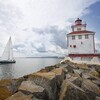
19 Charming Lighthouses to Visit in Northern Ontario
I Boated the Trent Severn Waterway and Here's What It Was Like
I Sailed the New Viking Octantis and Here's What It Was Like

Canadian Canoe Museum
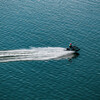
14 PWC Itineraries and Tips for Riding in Ontario

A Thousand Adventures: Boating the 1000 Islands in Ontario
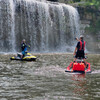
Road Tripping with your PWC
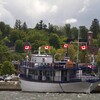
Boat Tours and Cruises in Ontario
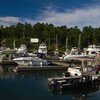
A Guide to Ontario's Marinas

5 Baller Boating Destinations in Ontario
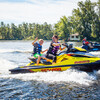
Amazing PWC Getaway
